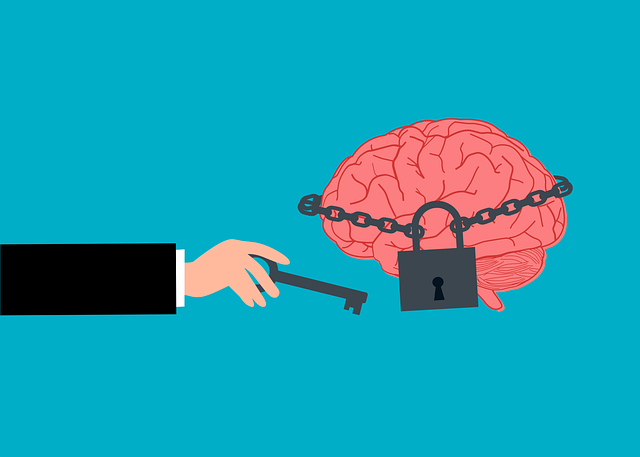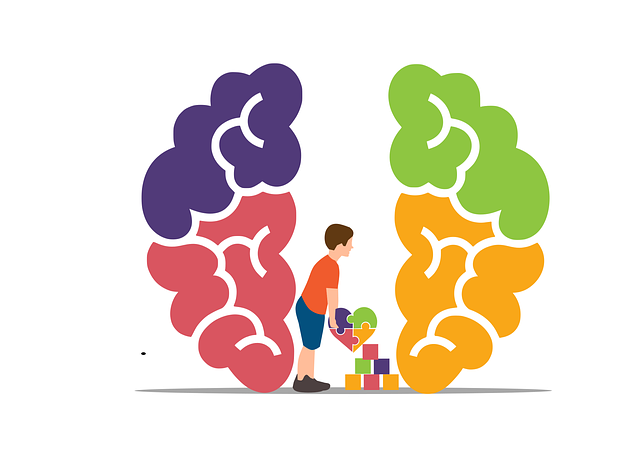Resilience is key to navigating life's challenges, and Longmont Sexual Dysfunction Therapy employs RFM (Risk, Frequency, Motivation) analysis to build this strength. Therapists use this framework to understand clients' behaviors and attitudes towards stress, designing tailored interventions like Mindfulness Meditation workshops for high-risk but low-motivation individuals. Exercises for enhanced resilience, combining physical activities, cognitive techniques, and social components, equip individuals with coping mechanisms. Integrating these elements into therapy sessions significantly contributes to successful outcomes in mental health policy analysis and advocacy, fostering supportive healing environments and improving sexual health through holistic solutions like the Real-Life Mastery (RFM) framework.
Resilience is a powerful tool for navigating life’s challenges, and RFM (Resourceful Facilitation Method) offers a unique approach to building it. This article explores how RFM, as seen in practices like Longmont Sexual Dysfunction Therapy, uses exercises to enhance resilience. We’ll delve into the method’s core principles and its role in empowering individuals to overcome adversity. By understanding RFM, we can uncover effective strategies for fostering mental fortitude and resilience in various aspects of life, including sexual health and well-being.
- Understanding RFM and its Role in Resilience Building
- Implementing Exercises for Enhanced Resilience
- Longmont Sexual Dysfunction Therapy: A Case Study in RFM Application
Understanding RFM and its Role in Resilience Building

Resilience is a vital asset in navigating life’s challenges, and RFM (Risk, Frequency, and Motivation) analysis plays a crucial role in building this strength. This simple yet powerful framework helps individuals understand their behaviors and attitudes towards potentially stressful or traumatic events, like those often discussed in Longmont Sexual Dysfunction Therapy. By examining these three dimensions, therapists can gain valuable insights into clients’ mental health policy analysis and advocacy, enabling them to tailor interventions effectively.
In the context of mental well-being, RFM provides a structured approach to identify areas for improvement. For instance, individuals with high-risk activities but low motivation for change might benefit from Mindfulness Meditation workshops. Similarly, Stress Management Workshops Organization can utilize RFM to create targeted programs, ensuring that interventions address the unique needs of participants and foster meaningful resilience-building exercises.
Implementing Exercises for Enhanced Resilience

Implementing exercises for enhanced resilience is a crucial step in fostering mental well-being, especially in addressing issues like Longmont Sexual Dysfunction Therapy. These exercises are designed to help individuals navigate through life’s challenges and build a stronger, more resilient mindset. Through structured activities and practices, clients can develop coping mechanisms that promote emotional stability and enhance their overall quality of life.
Effective resilience-building strategies often involve a combination of physical, cognitive, and social components. For instance, regular exercise not only improves physical health but also releases endorphins that boost mood and reduce stress. Additionally, communication strategies and healthcare provider cultural competency training can empower individuals to express their needs and concerns openly, fostering a supportive environment for healing. Incorporating these elements into therapy sessions can significantly contribute to successful outcomes in mental health policy analysis and advocacy.
Longmont Sexual Dysfunction Therapy: A Case Study in RFM Application

In the context of Longmont Sexual Dysfunction Therapy, the Real-Life Mastery (RFM) framework has emerged as a powerful tool for enhancing patient resilience and overall well-being. This case study illustrates how RFM exercises can be tailored to address sexual dysfunction by empowering individuals with effective self-care practices and emotional healing processes. By integrating stress reduction methods into therapy sessions, Longmont Sexual Dysfunction Therapy offers a holistic approach that goes beyond traditional treatment modalities.
The RFM model encourages patients to confront and overcome challenges in their daily lives, fostering resilience that translates into improved sexual health. Through practical exercises focused on self-awareness, emotional regulation, and effective communication, the therapy program equips individuals with coping mechanisms to navigate stress and anxiety in intimate settings. This tailored approach not only addresses the root causes of sexual dysfunction but also promotes lasting behavioral changes, enabling patients to embrace healthier and more fulfilling sexual relationships.
The implementation of RFM (Resilience, Flexibility, and Mastery) principles and exercises has proven to be a powerful tool in building resilience, as demonstrated by the success of Longmont Sexual Dysfunction Therapy. By integrating these strategies into therapy practices, professionals can empower individuals to navigate challenges and enhance their overall well-being. This approach ensures that clients develop the necessary skills to adapt and thrive, fostering a more resilient mindset. Through case studies like this, we can appreciate the profound impact RFM exercises have on personal growth and mental health.













